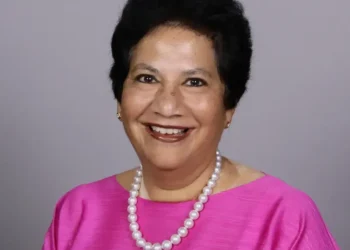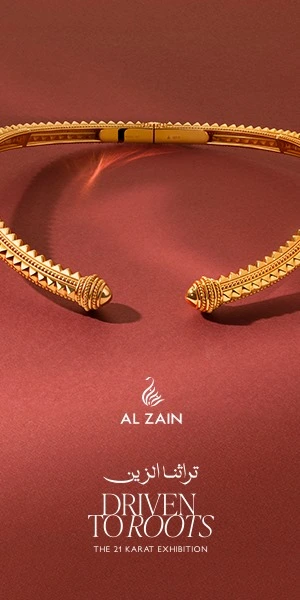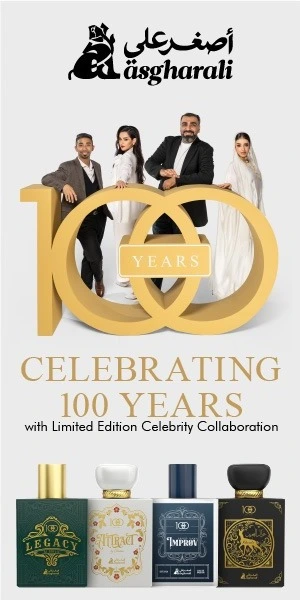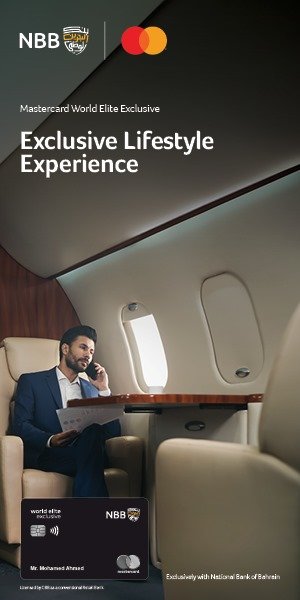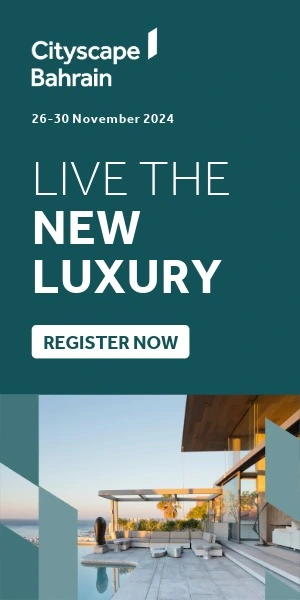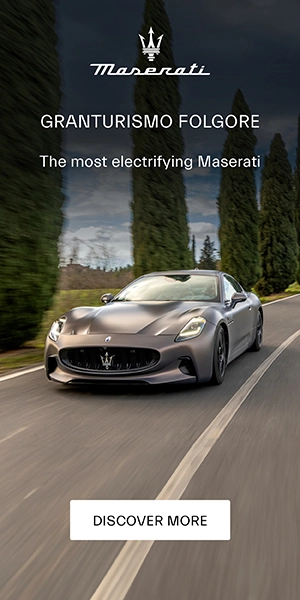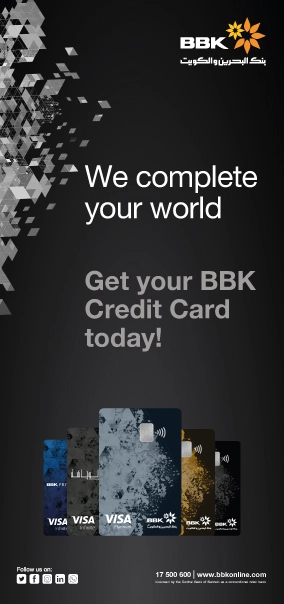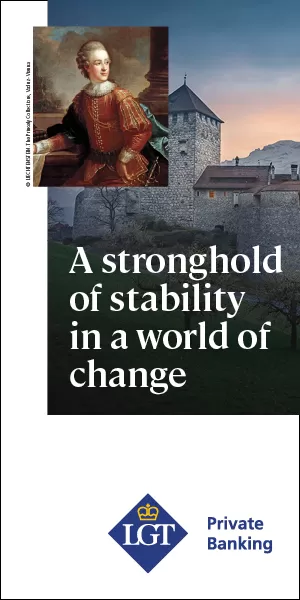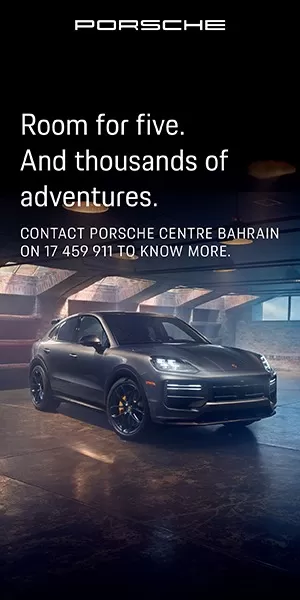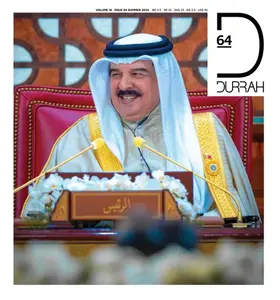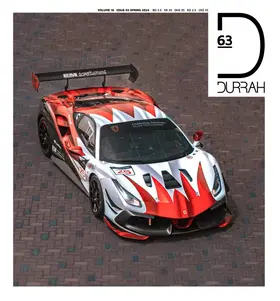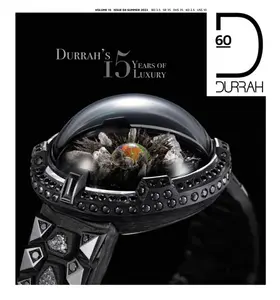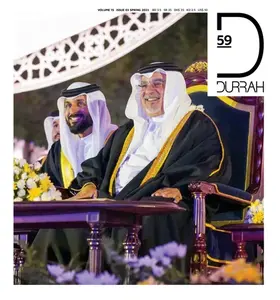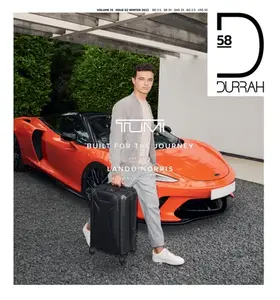HOW DO YOU ENVISION THE FUTURE OF FORD IN THE MIDDLE EAST, PARTICULARLY WITH THE RISING ADOPTION OF ELECTRIC VEHICLES AND ADVANCED DRIVING TECHNOLOGIES?
Ford is increasingly positioning itself as a lifestyle brand, catering to all segments of society. You can see this with our recent launches, including models like the Ranger Raptor and Bronco Raptor. We’re also distinguishing ourselves in product strategy, especially with our focus on sustainability through electrified vehicles. For high-volume models in the GCC region, like the Territory and Taurus, we’re introducing hybrids, alongside our F-150 hybrid. Starting next year, we’ll launch the fully electric Mustang Mach-E. This extensive lineup ensures we’re prepared to adapt to market demand, with a focus on offering options that meet the needs of diverse customer segments.
WHAT ARE THE BIGGEST CHALLENGES FACING FORD MIDDLE EAST, AND HOW IS THE COMPANY ADDRESSING THEM?
The evolving industry regulations across the Middle East and GCC, particularly with regard to electric vehicles, are significant challenges. Each market-Saudi Arabia, UAE, Kuwait-has its own regulatory framework, such as Saudi Arabia’s Corporate Average Fuel Economy (CAFE) regulations. We need to navigate these differences and align with regional standards. Also, the influx of new products from regions like China is reshaping the landscape. However, Ford has over 120 years of experience and we are standing out by focusing on differentiation through product, service, and customer experience.
HOW DOES FORD PLAN TO BALANCE ITS TRADITIONAL GASOLINE-POWERED LINEUP WITH ITS GROWING ELECTRIC VEHICLE PORTFOLIO?
We’re seeing a gradual interest in electric vehicles in the region, though full battery-electric adoption is still developing. UAE shows more interest, while Saudi Arabia may take a bit longer. According to a recent survey, over 40% of people intend to buy an electrified vehicle within the next 12 months, with 80% preferring hybrids. We’re ready to cater to this demand, especially as hybrid adoption grows in Saudi Arabia, UAE, and Bahrain. We anticipate a strong presence of gasoline engines in the region until at least the end of the decade.
WHAT STEPS IS FORD TAKING TO ENHANCE CUSTOMER EXPERIENCE IN TERMS OF SALES AND AFTER-SALES SERVICES?
Customer experience is a key area where we aim to differentiate ourselves. We’ve implemented the Ford Guest Experience program, which treats customers as guests throughout their journey-from shopping and buying to ownership. We offer a vehicle off-road program, pickup and delivery services, and the Ford Pass app, allowing customers to connect with us anytime, anywhere. Through this app, we can also provide predictive maintenance, like notifying customers when an oil filter needs replacement, offering proactive support.
HOW IMPORTANT ARE LOCAL PARTNERSHIPS IN FORD MIDDLE EAST’S STRATEGY, AND WHAT COLLABORATIONS ARE YOU EXPLORING?
Partnerships are foundational to our success. For instance, Almoayyed in Bahrain has been a longstanding partner, and together, we’ve hosted events like the Mustang launch at the F1 circuit in Bahrain. Such partnerships are our strength, and Ford is highly regarded as a preferred brand among our GCC partners. Thanks to these collaborations, we’ve doubled our sales in the region over the past two years, and in Bahrain, specifically, we achieved a year-on-year doubling of sales from 2023 to 2024.
WHAT ARE FORD’S SUSTAINABILITY GOALS FOR THE MIDDLE EAST, AND HOW IS THE COMPANY CONTRIBUTING TO SOCIAL
AND ENVIRONMENTAL INITIATIVES IN THE REGION?
Ford has led the way in introducing eco-friendly innovations, such as our GTDi engine, moving away from larger engines to offer the same power and torque with improved fuel efficiency. Our hybrid technology has been around in the US for years, and now we’re scaling this for the Middle East. In Saudi Arabia, for example, we meet CAFE regulations, ensuring our vehicles offer power while minimizing emissions. Globally and in the Middle East, we’re committed to sustainability and aim to lead in both product efficiency and reduced environmental impact.
























